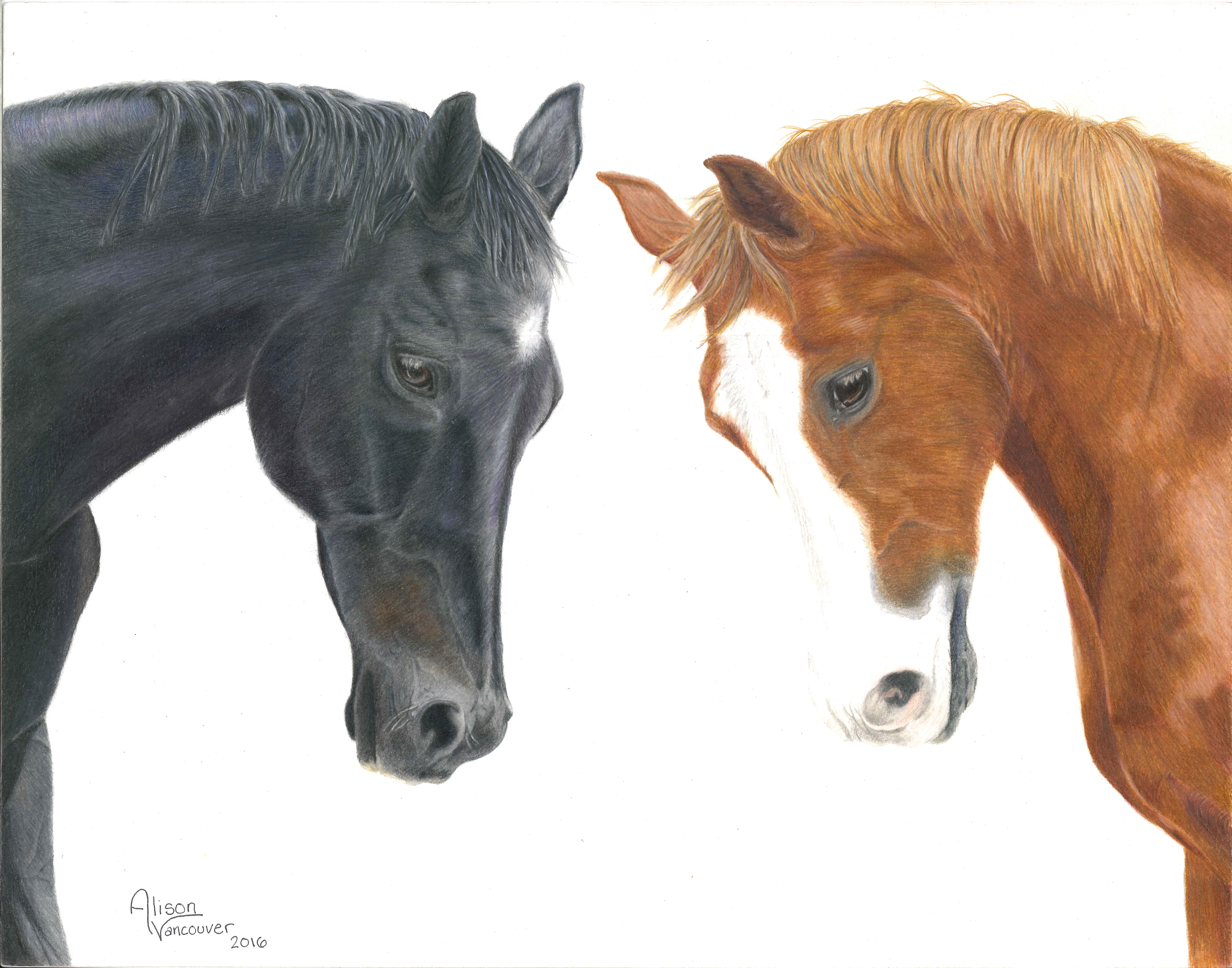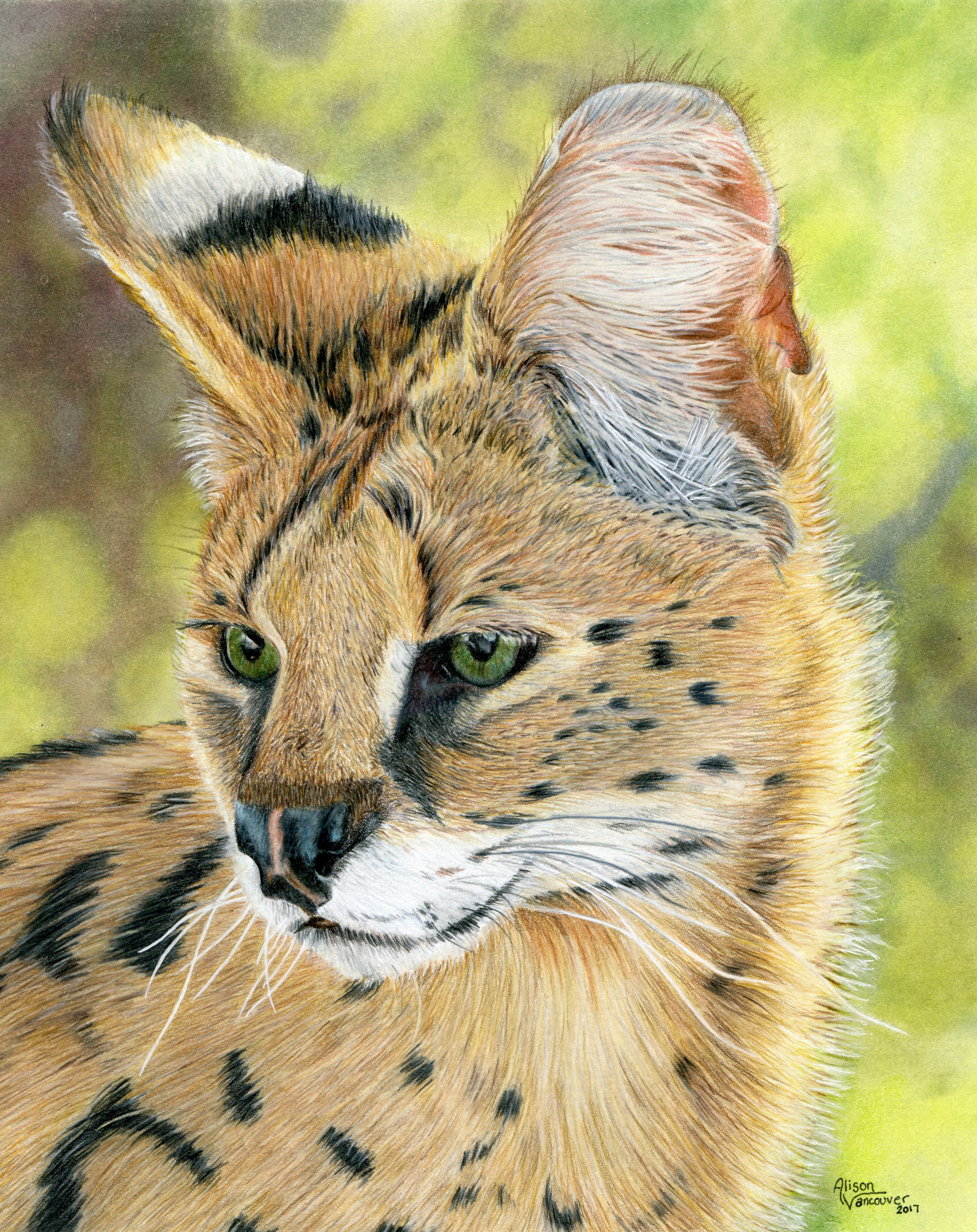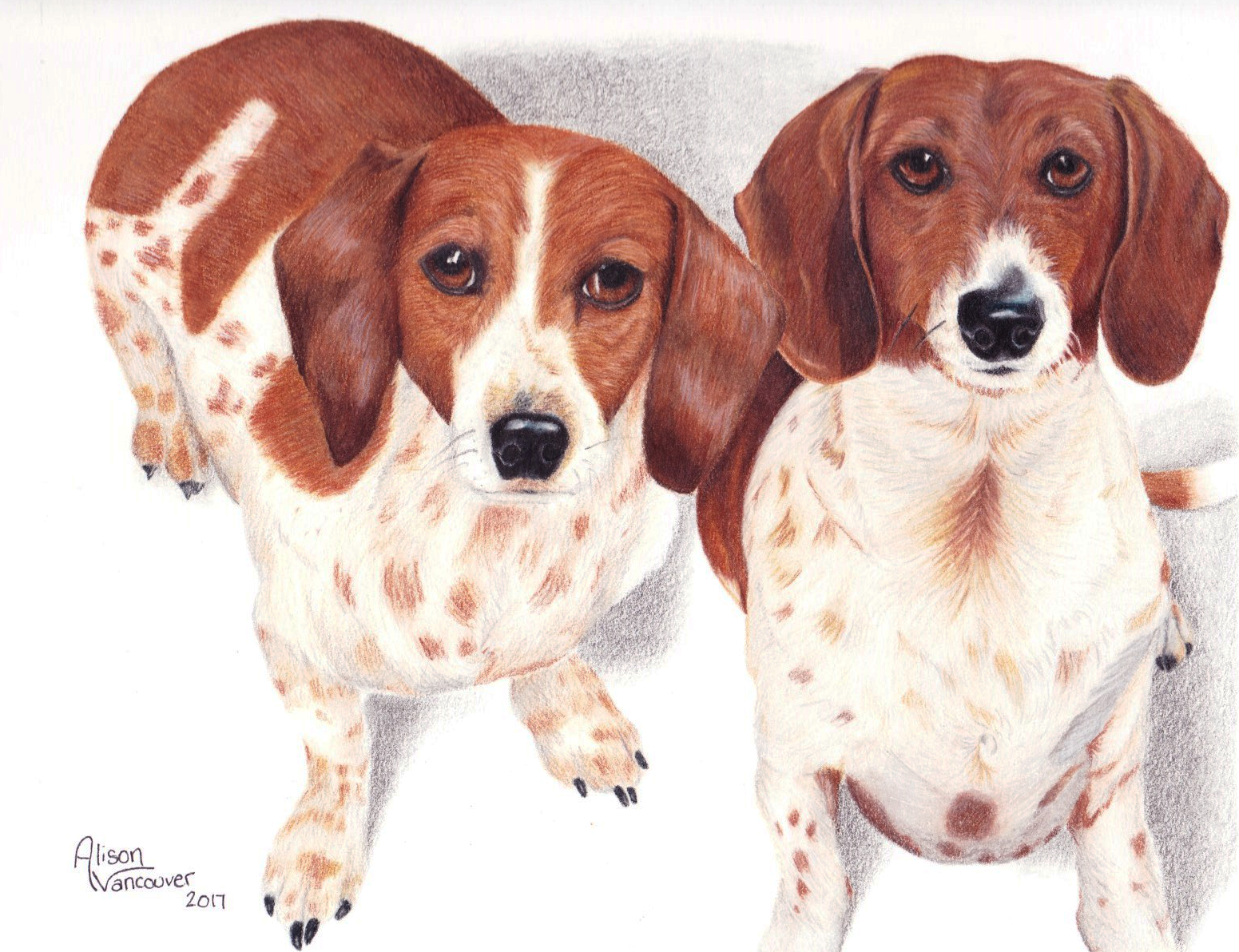Mallory Stuckwisch from Purdue University shared this story from a recent trip she took to Nepal proving that compassion is truly universal.
Last summer, I travelled to Nepal, where I spent a month working in a veterinary clinic in Kathmandu. Nepal was altogether a wonderful experience, but the most impactful moment of trip came one night after I had returned from the clinic. It had been a rainy couple of days as it was monsoon season, so when I got back to the house, my feet were absolutely covered in mud. Bhabana, my host mom, saw this and immediately ran to get a pitcher of water without me even asking. She took me into the bathroom, knelt down, and washed my feet… like really washed my feet (between the toes and all). This was such a neat experience for me as a Christian, because that is a huge gestures of servitude, and here she was, a Hindu women, who was honestly doing it out of love for me, not for the cleanliness of her house. This moment, while not directly an animal related experience, was such a deep connection that I will remember forever as I dedicate my life to the human-animal bond. The Nepali people give until they have nothing left to give but themselves. Their generosity and respect transcends religion, culture, and species. They display a sense of compassion that I can only hope to achieve, and after all it is compassion that drives a Veterinarian forward.


 Thursday, August 24, 2017 at 08:00AM
Thursday, August 24, 2017 at 08:00AM  Arctic Tern Chilling in Jökulsárlón, Iceland
Arctic Tern Chilling in Jökulsárlón, Iceland Nesting Puffin on the Cliffs of Látrabjarg Peninsula, Iceland
Nesting Puffin on the Cliffs of Látrabjarg Peninsula, Iceland Puffin Stretches her Wings after a Long Day of Nesting
Puffin Stretches her Wings after a Long Day of Nesting










